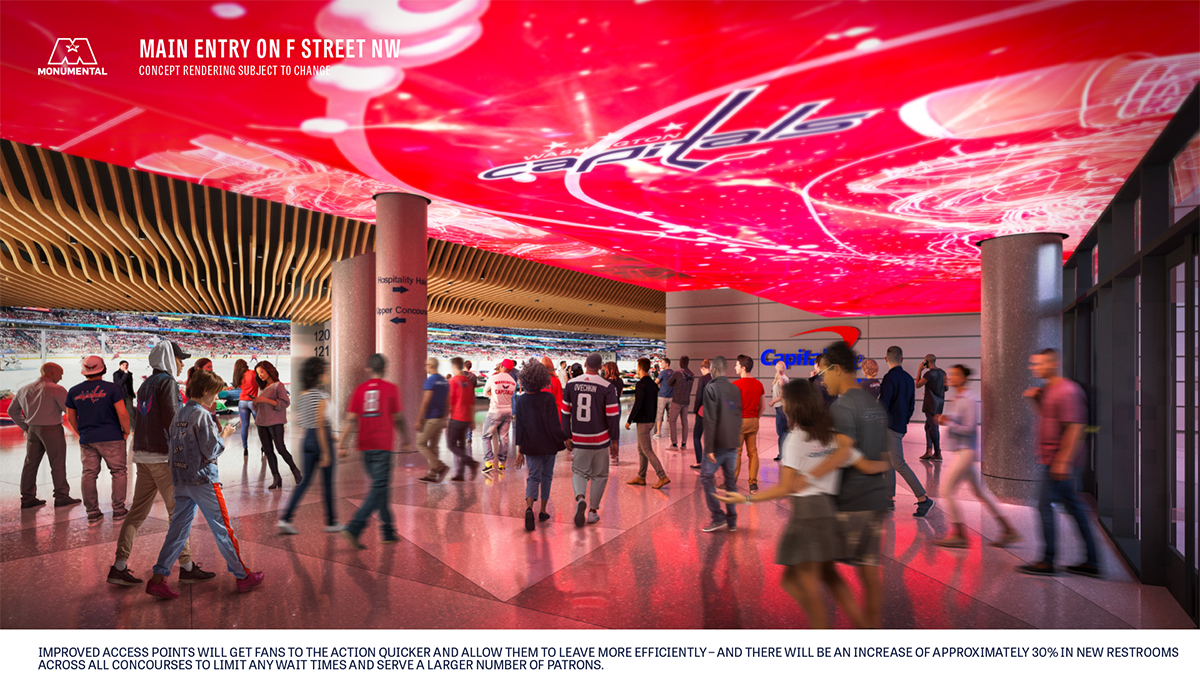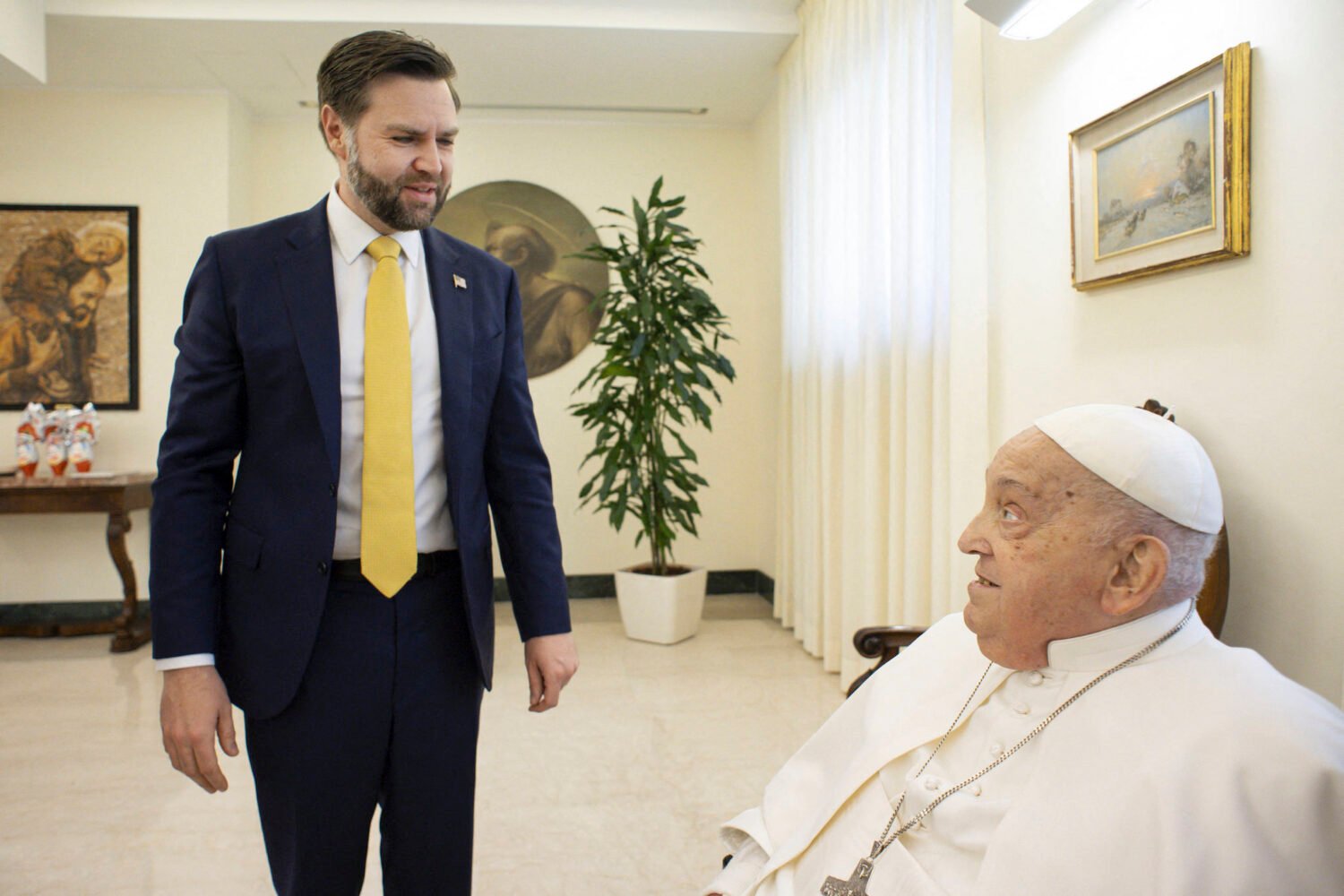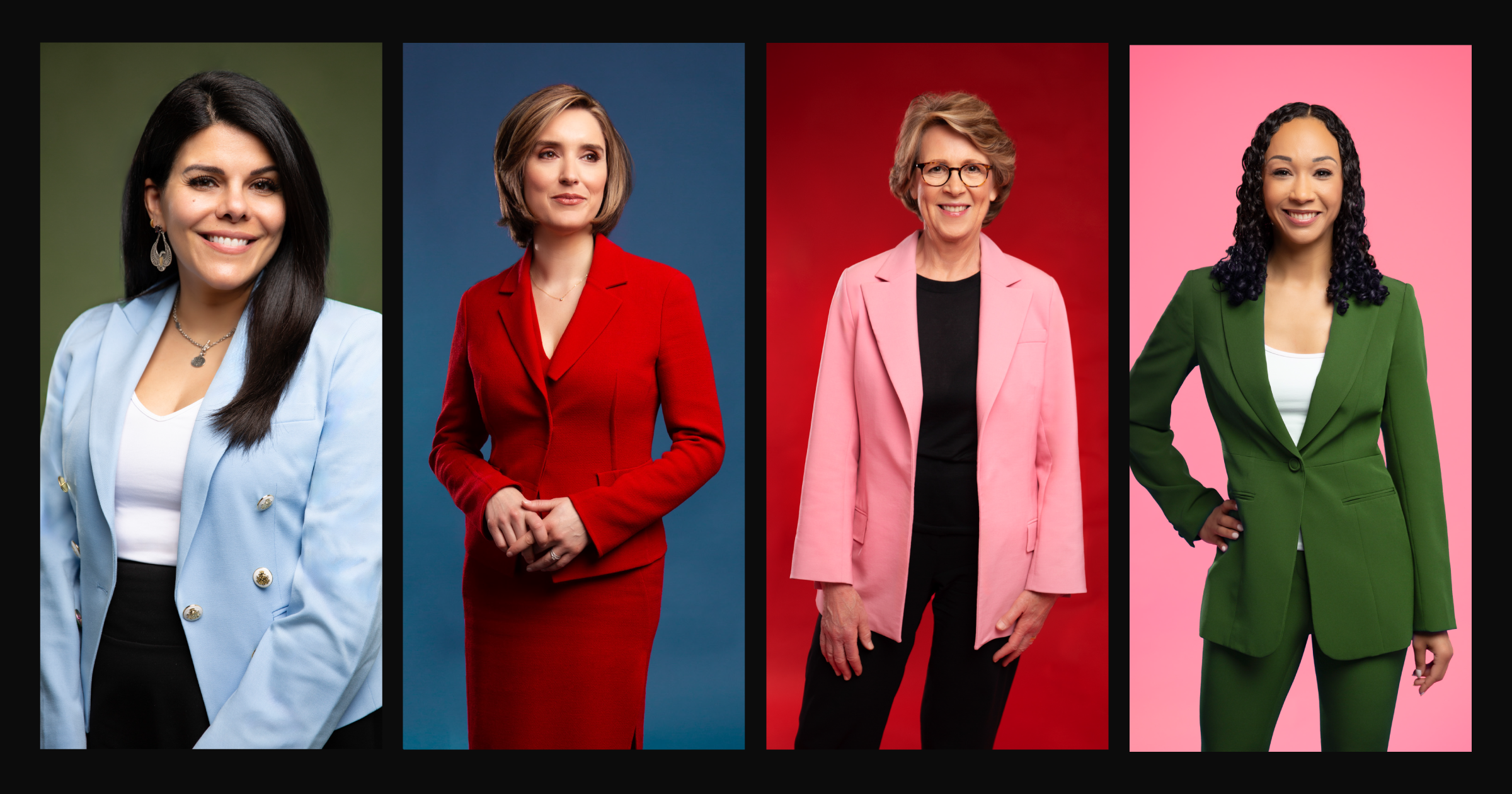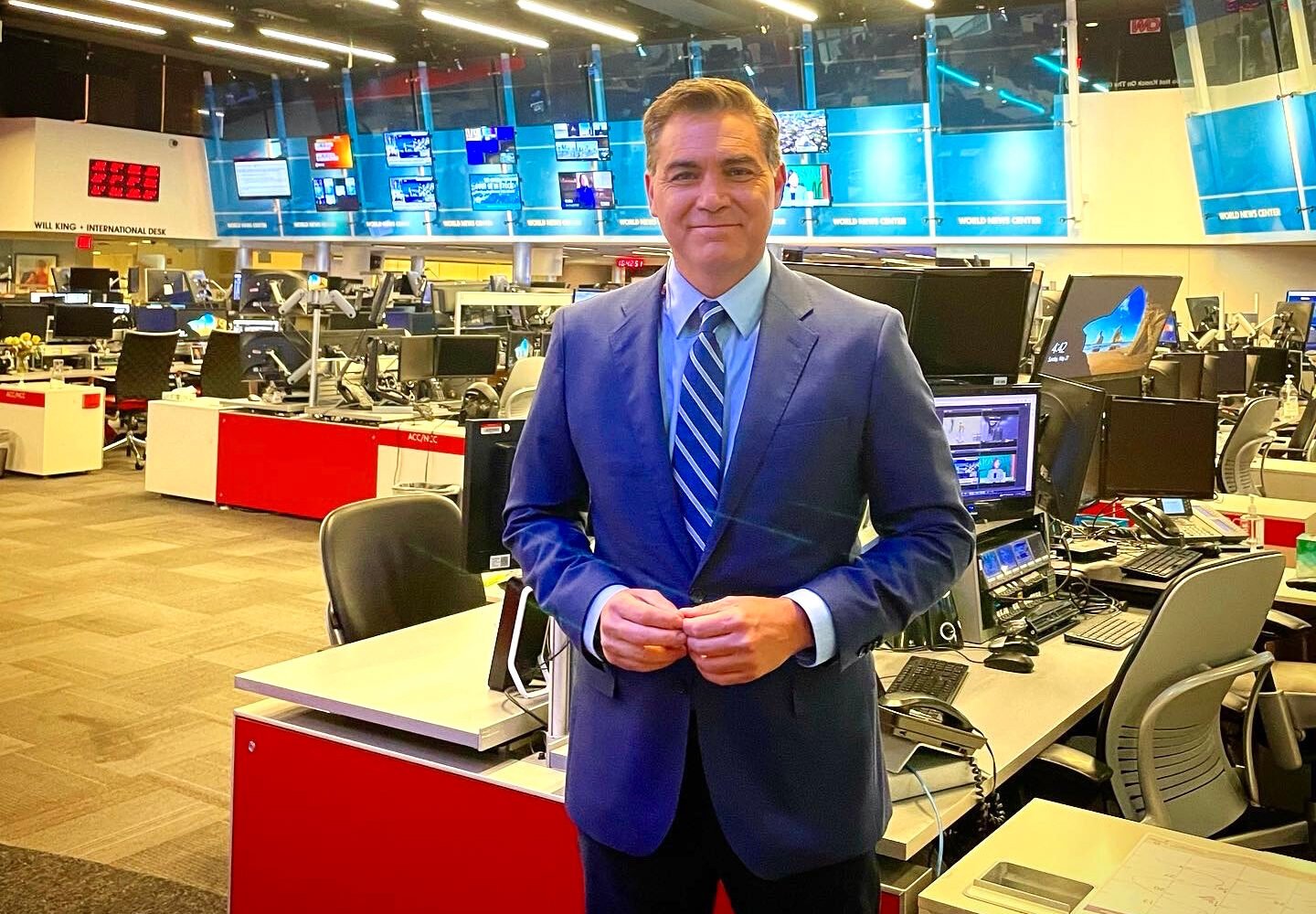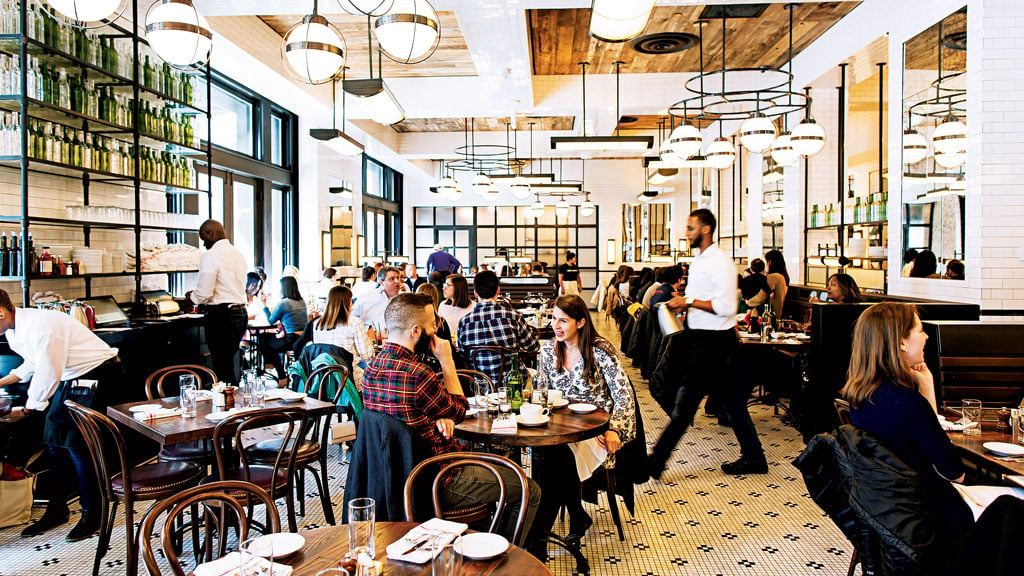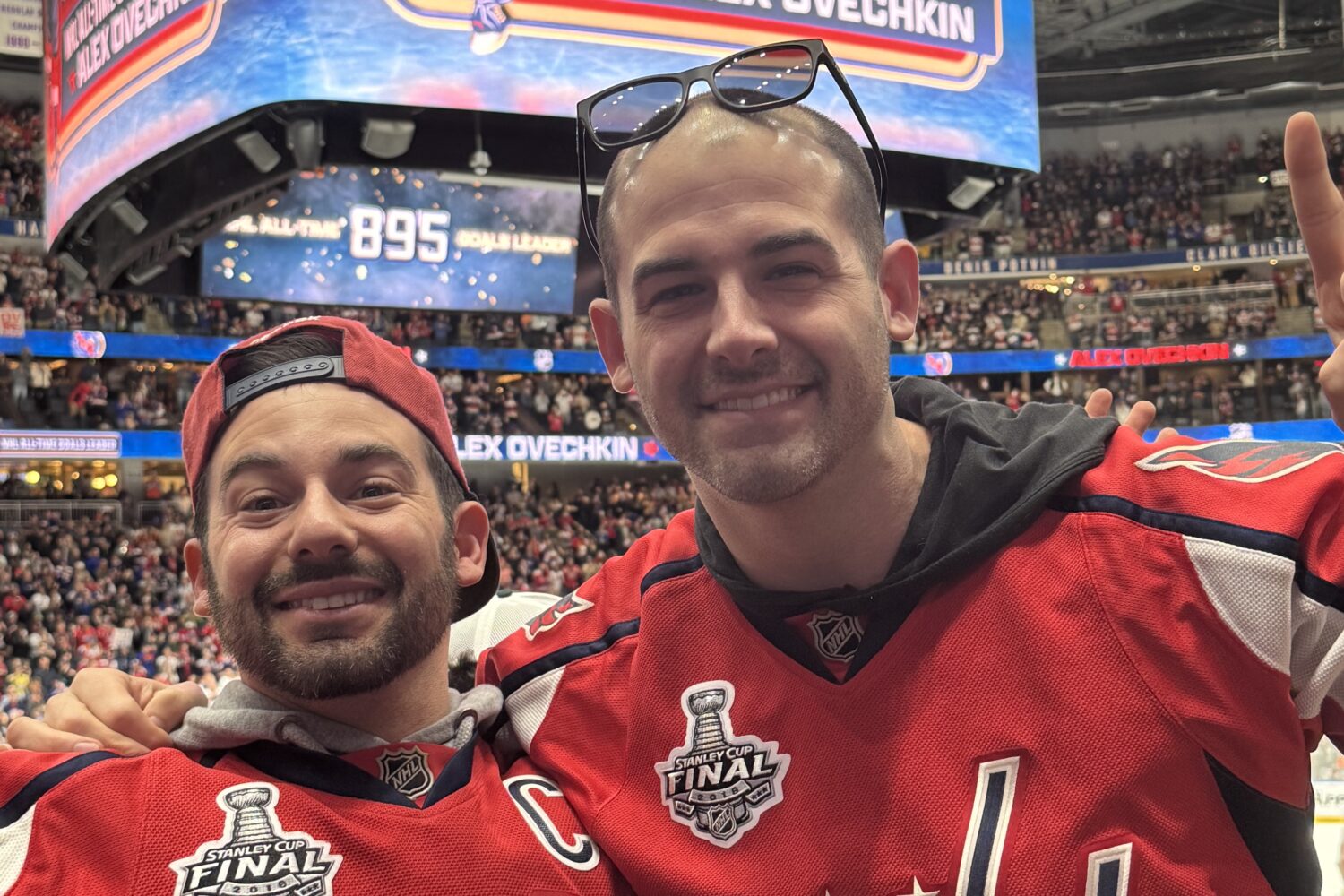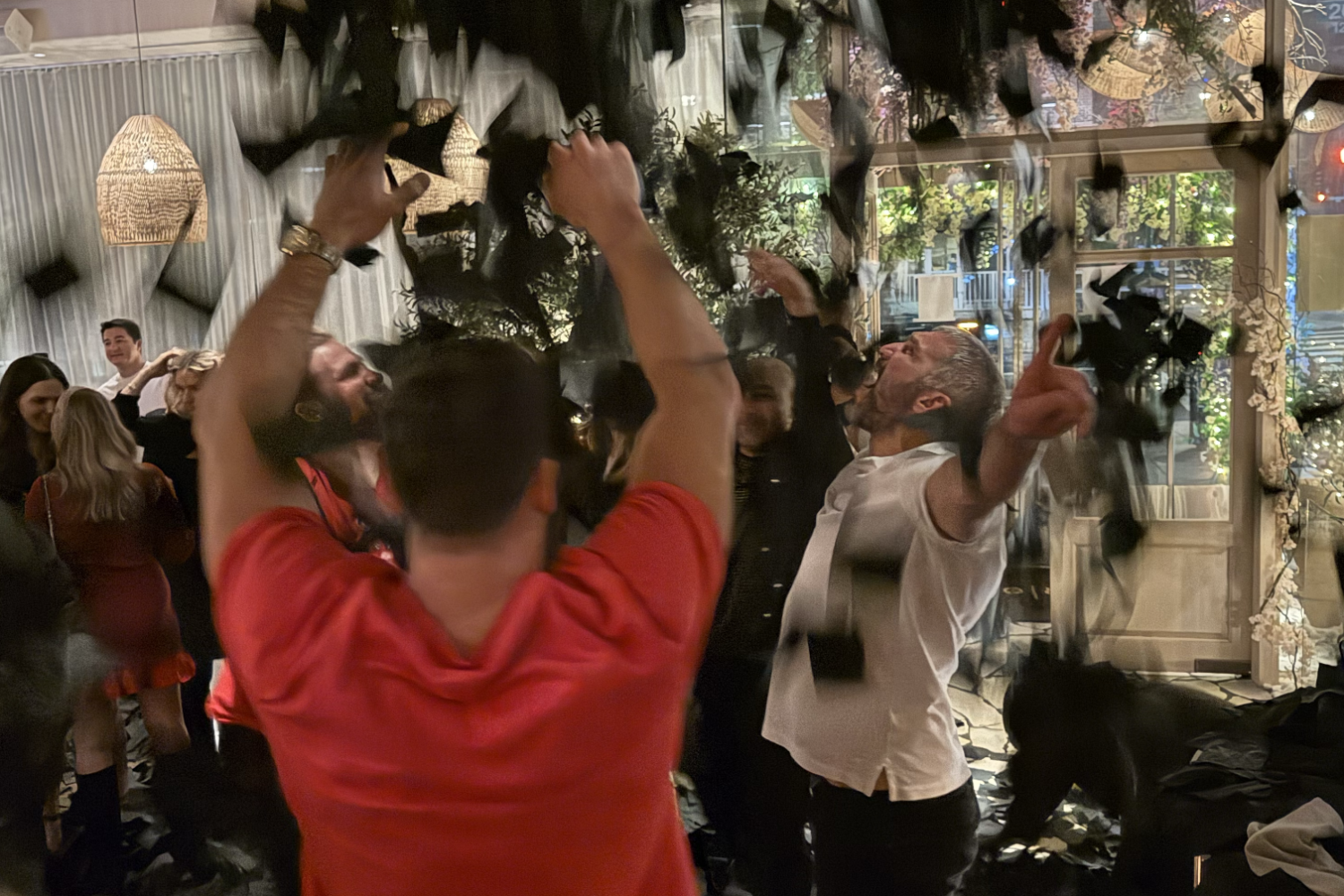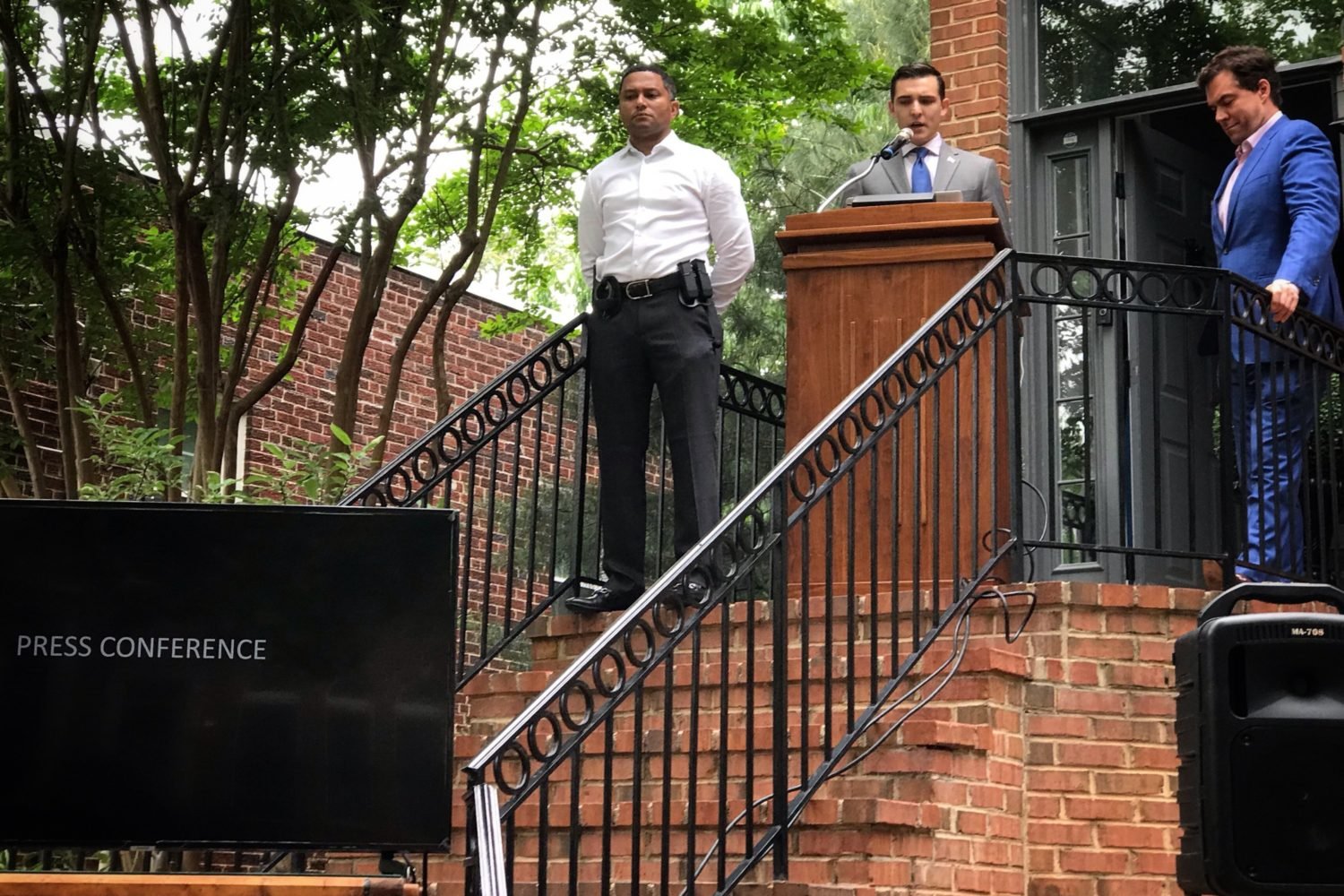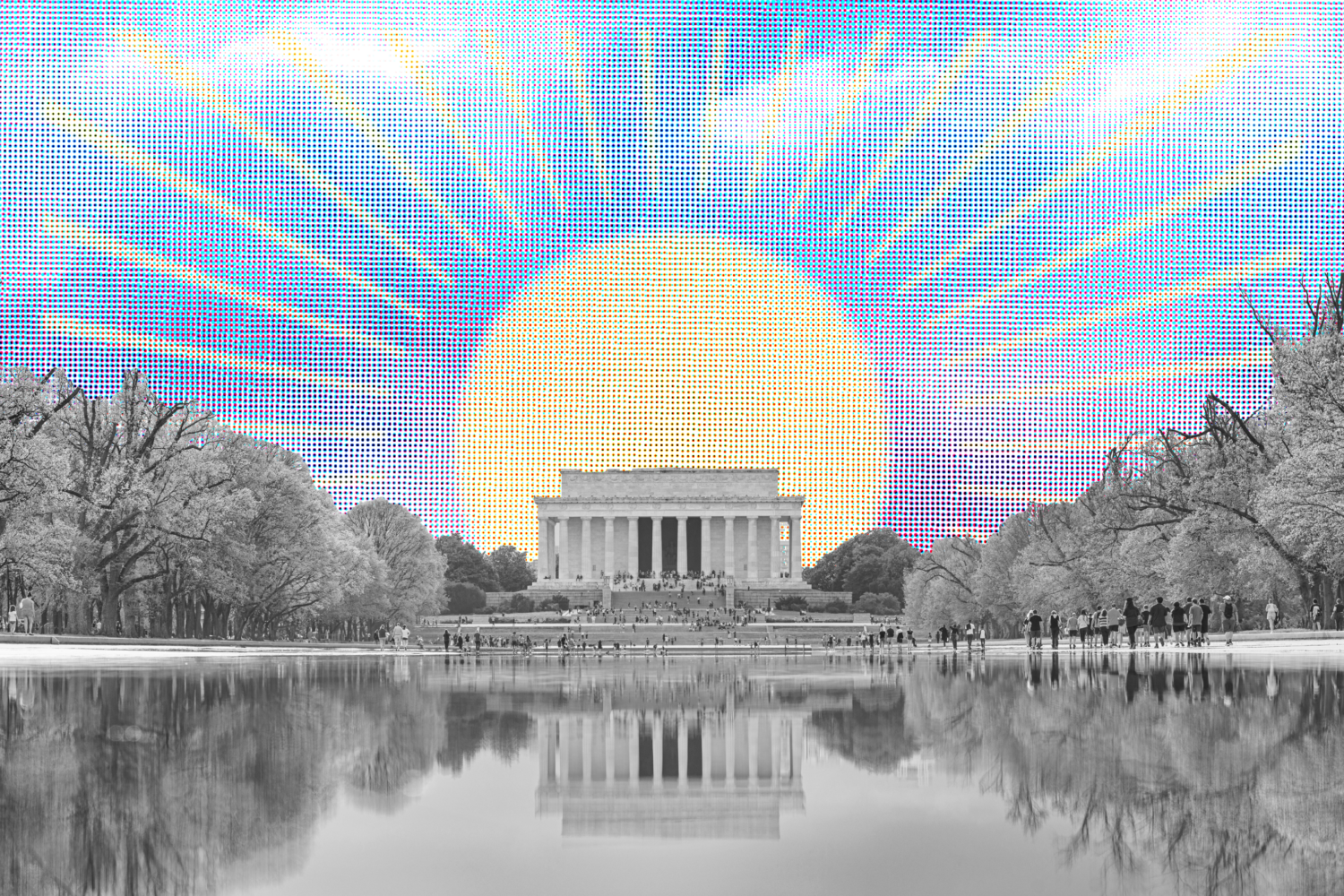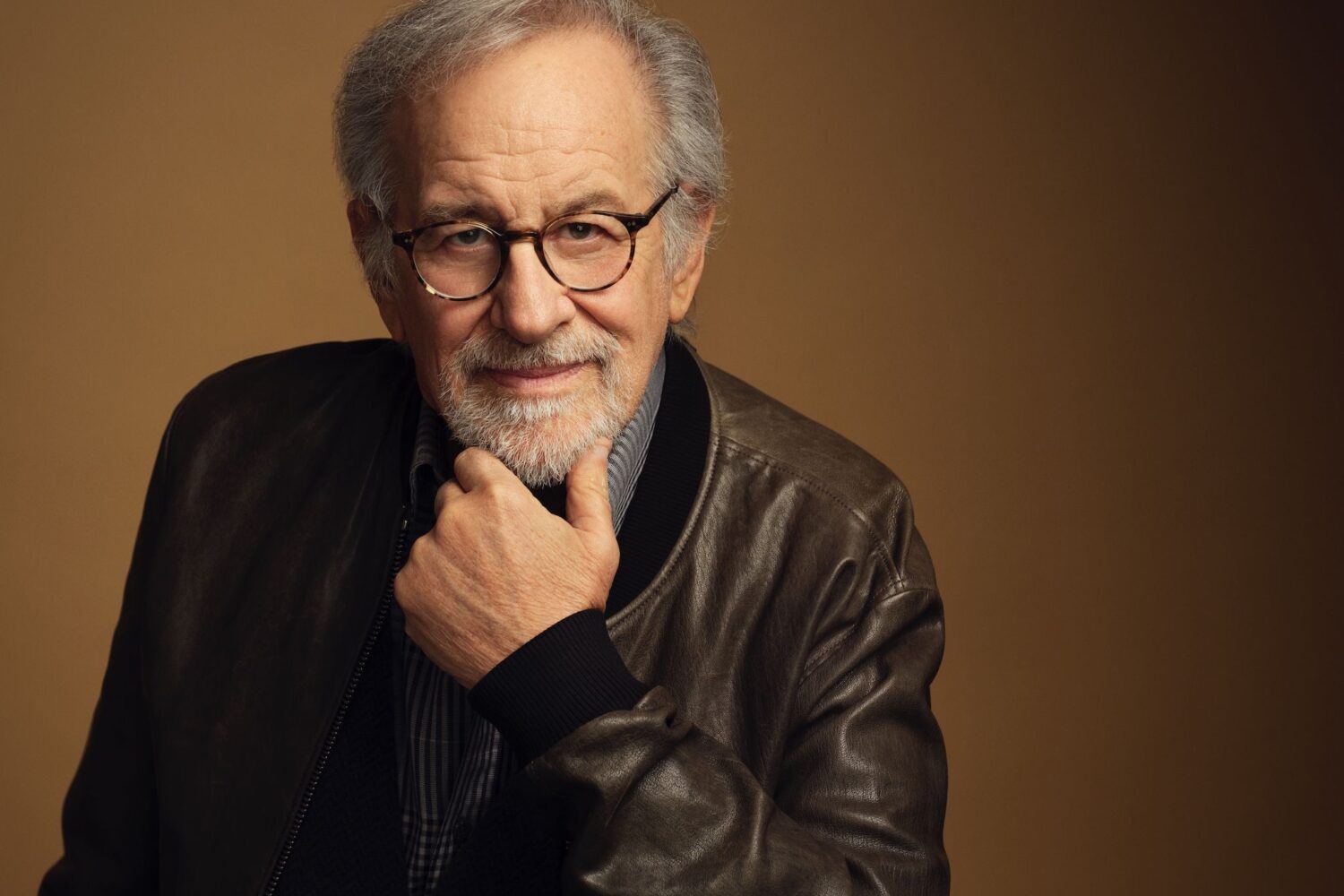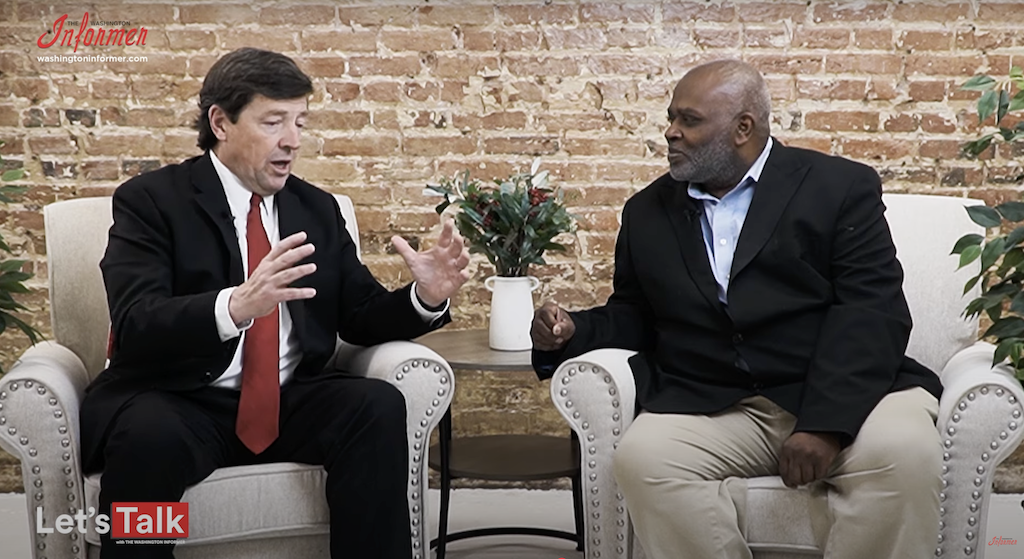More than six months after Mayor Muriel Bowser and Monumental Sports CEO Ted Leonsis struck a deal to keep the Washington Capitals and Wizards in DC, the full details of their agreement have been made public. Over the weekend, Bowser submitted legislation to the DC Council that revealed the city’s plan to purchase Capital One Arena for $87.5 million and lease it back to Monumental as part of a $515 million commitment by the District to renovate the stadium over the next three years.
Meanwhile, Monumental has pledged to contribute $285 million to the project and will cover any cost overruns.
In a letter addressed to the mayor and included in the legislation, Leonsis wrote that both parties had decided that it was “most beneficial for the District to own the Capital One Arena building and lease it back to MSE.” According to the arrangement, Monumental will make payments until 2050 and then have five four-year extension options that could keep the NHL and NBA teams in DC until 2070.
Monumental released a handful of preliminary renderings that give a glimpse at what a renovated arena might look like. Changes include a larger entrance on F Street; more restrooms and concessions; expanded locker rooms for the Wizards and the Capitals; a new lounge for players’ families; and a film room that the Capitals can use between periods.
According to the Washington Business Journal, the renovation would add an additional 200,000 square feet to the one-million-square-foot building.
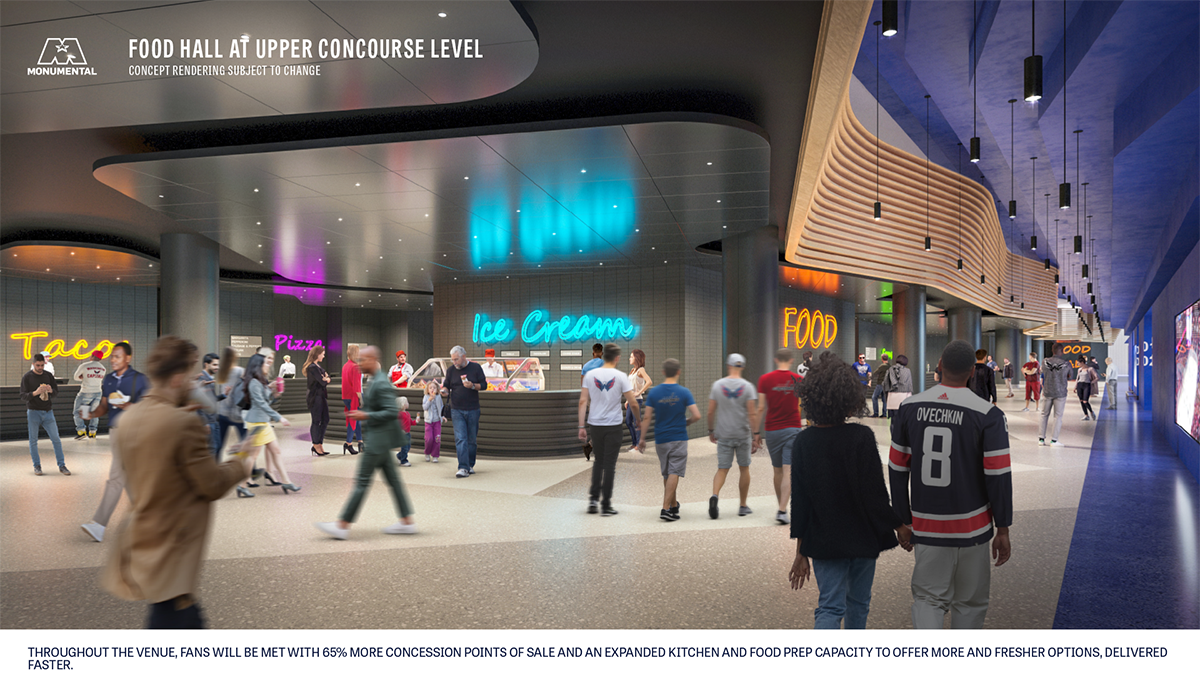
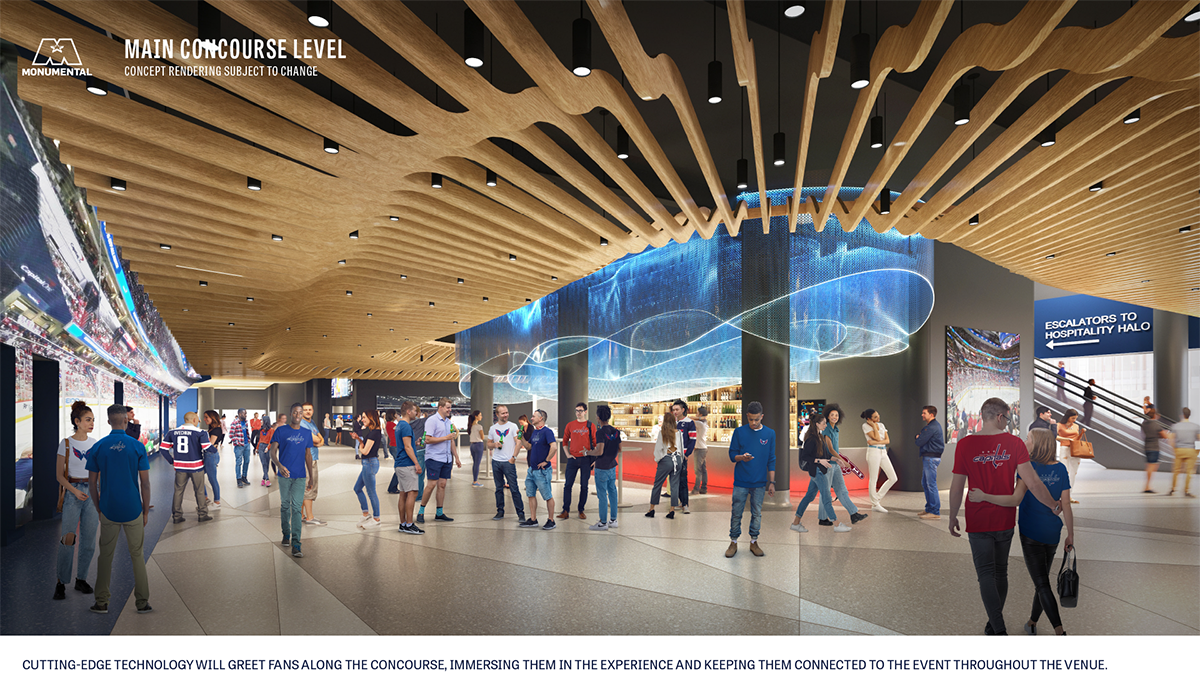

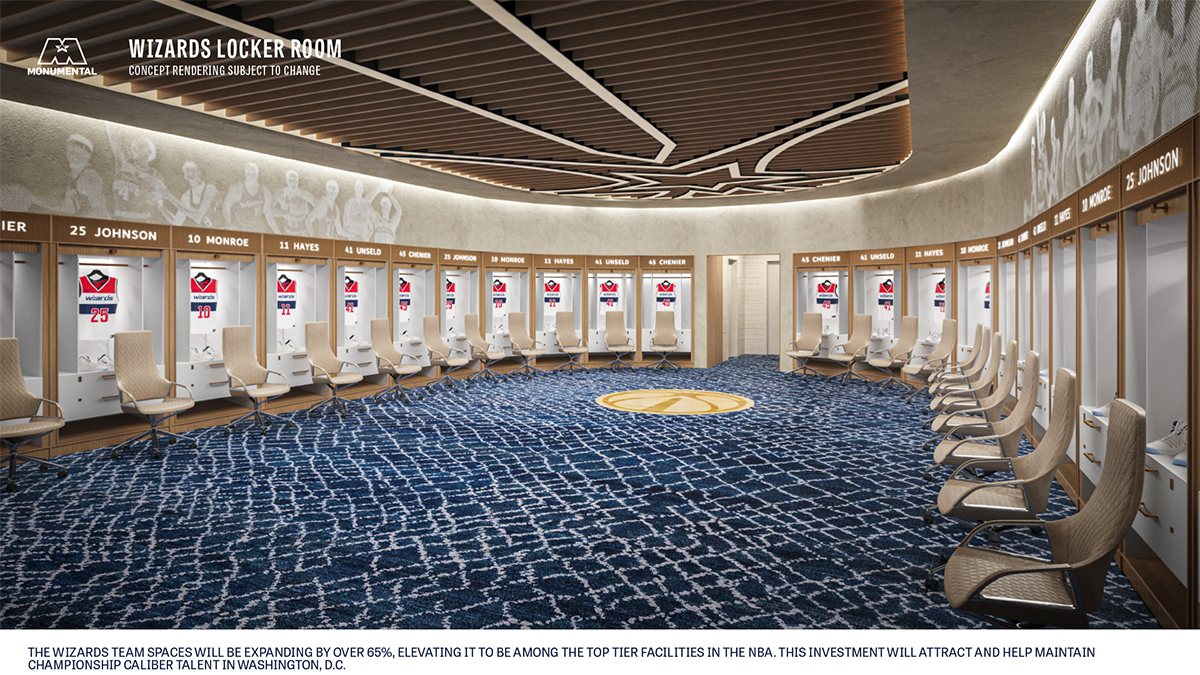
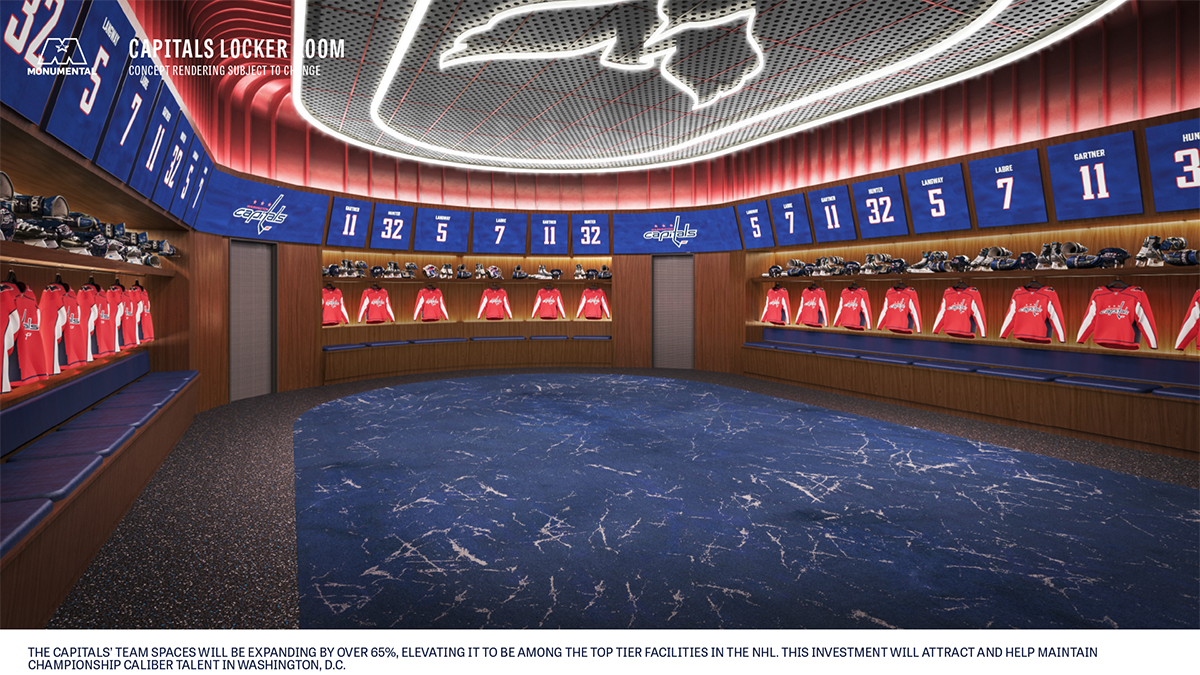
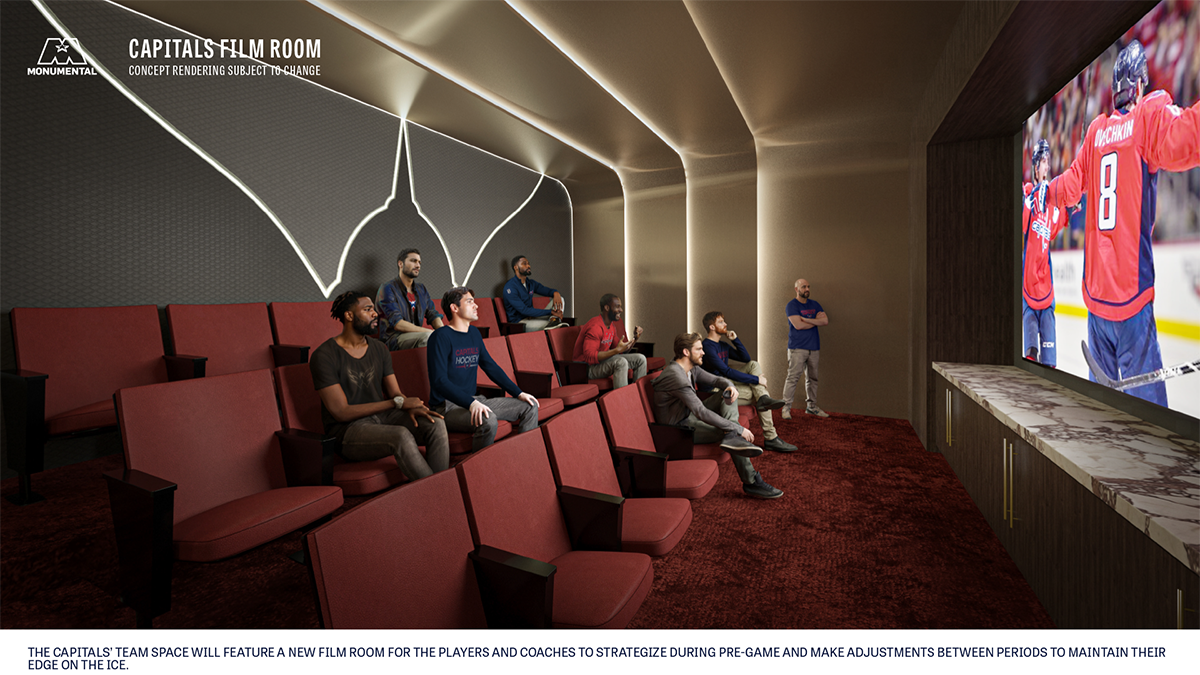
Did the city strike a good deal? That will likely be a source of debate. In a post-pandemic, work-from-home world that has softened the downtown commercial real estate market, DC clearly was motivated to keep the Wizards and Capitals in Chinatown. In a letter addressed to council chairman Phil Mendelson, Bowser noted that a study by the city pegged the economic impact at more than $1 billion, including the creation of 4,900 constructions jobs and $21 million in new tax revenues during construction. Lease payments by Monumental will range between $1.5 to $2.3 million per year, and include a pro-rated initial payment.
But studies projecting rosy returns-on-investment for mammoth public sports stadium subsidies often overstate the economic impact of those projects: as a 2016 report by the Brookings Institution declared, “academic studies consistently find no discernible positive relationship between sports facility construction and local economic development, income growth, or job creation.”
The legislation appears likely to pass. Mendelson told The Washington Post that the Council will take up the bill at a hearing in a few weeks: “It is important that we finalize this deal.”

